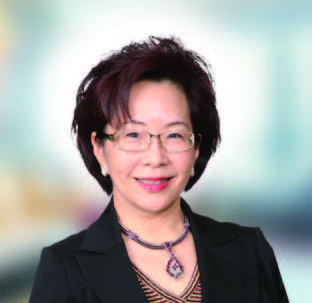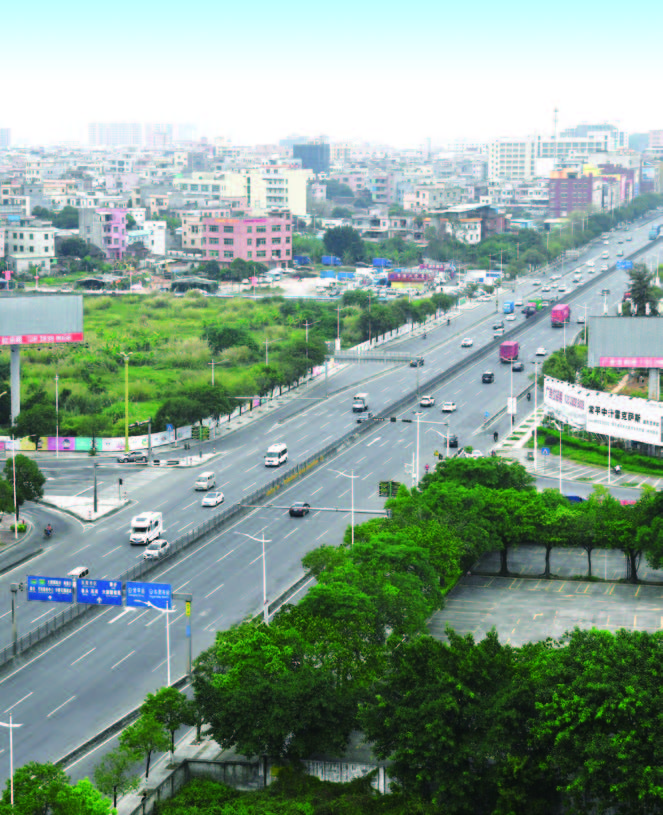As economic and trade connections between Hong Kong and the Mainland, and even Asia become increasingly frequent in recent years, companies are also facing bigger business risks and more and more of them have opted to resolve disputes through arbitration. Added with the development of the “Belt and Road” Initiative (B&R) and the Guangdong-Hong Kong-Macao Greater Bay Area (Greater Bay Area), arbitrators are highly sought after and the profession of arbitration has become a hot emerging industry.

 What is arbitration? Sylvia Siu, Chairperson of Joint Mediation Helpline Office, Vice-President of Guangdong, Hong Kong & Macao Commercial Mediation Alliance, and Founder of Hong Kong Mediation Centre explained that arbitration is an alternative, legally binding dispute resolution conducted outside of a court of law. It is not heard by a judge, but rather, facilitated by an arbitrator. “Arbitration is applicable to general civil and commercial disputes. Comparing with a court case, arbitration is much quicker and can be concluded in just one hearing. The arbitrator can be appointed by both parties / each party, and arbitration costs a lot less. On top of these, the process of arbitration is confidential and non-disclosed. One could say it is inexpensive and effective.”
What is arbitration? Sylvia Siu, Chairperson of Joint Mediation Helpline Office, Vice-President of Guangdong, Hong Kong & Macao Commercial Mediation Alliance, and Founder of Hong Kong Mediation Centre explained that arbitration is an alternative, legally binding dispute resolution conducted outside of a court of law. It is not heard by a judge, but rather, facilitated by an arbitrator. “Arbitration is applicable to general civil and commercial disputes. Comparing with a court case, arbitration is much quicker and can be concluded in just one hearing. The arbitrator can be appointed by both parties / each party, and arbitration costs a lot less. On top of these, the process of arbitration is confidential and non-disclosed. One could say it is inexpensive and effective.”
Bright outlook for arbitrators
According to Siu, arbitrators can look forward to a promising future amidst the prosperous development and construction of the B&R and the Greater Bay Area in recent years. “Infrastructure is a focus of B&R. For example, China Railway is taking part in the construction of a highspeed rail in Russia, while China National Nuclear Corporation is joining hands with an Argentinian company to build pressurized water reactors. As similar investments become more widespread, the number of disputes related to cross-border construction will also rise significantly, which undoubtedly will involve expert knowledge and require the participation of expert witnesses. As such, demand for arbitrators will surge.”
 As for the Greater Bay Area, Siu pointed out that arbitration organizations in Greater Bay Area’s 9+2 city clusters have jointly founded the Greater Bay Area Arbitration Alliance in September 2018. The alliance signed its cooperation memorandum in February 2019. As global commercial activities were disrupted by COVID-19 over the past year, arbitration organizations within the Greater Bay Area have actively fine-tuned their regulations and properly resolved many disputes. An internet arbitration platform was also established, and the number of cases taken up by member organizations of the alliance rose rapidly.
As for the Greater Bay Area, Siu pointed out that arbitration organizations in Greater Bay Area’s 9+2 city clusters have jointly founded the Greater Bay Area Arbitration Alliance in September 2018. The alliance signed its cooperation memorandum in February 2019. As global commercial activities were disrupted by COVID-19 over the past year, arbitration organizations within the Greater Bay Area have actively fine-tuned their regulations and properly resolved many disputes. An internet arbitration platform was also established, and the number of cases taken up by member organizations of the alliance rose rapidly.
Hong Kong law and arbitration to be applicable for WOKEs
Siu added that the innovative and technology sector is a development focus of the Greater Bay Area. Therefore, demand to handle intellectual property disputes through non-litigation resolution methods (such as arbitration, mediation, and negotiation) are increasing, providing much impetus for Hong Kong to exert its strengths in intellectual property service. “At present, the Department of Justice is actively exploring the possibility of allowing wholly owned Hong Kong enterprises (WOKEs) set up in the Greater Bay Area to agree to choose Hong Kong laws to be the applicable law when entering into civil and commercial contracts, and choose Hong Kong as the seat of arbitration when disputes from the contract or cases arise, provided there is no external factor.” She emphasized that if this measure is successfully implemented, it would be much more than good news for Hong Kong. In fact, more companies will be drawn to invest in the Greater Bay Area.
Independent and impartial – the requisites of an arbitrator
 Siu pointed out that while there are no specific academic or professional requirements to become an arbitrator, most practitioners have a legal background or a professionally recognized qualification in areas such as construction, maritime, intellectual property or law. An arbitrator must also possess independent judgement and be analytical. Arbitrators must also be impartial, unprejudiced, and righteous. Moreover, an arbitrator must accumulate experiences in handling arbitration, mediation or litigation.
Siu pointed out that while there are no specific academic or professional requirements to become an arbitrator, most practitioners have a legal background or a professionally recognized qualification in areas such as construction, maritime, intellectual property or law. An arbitrator must also possess independent judgement and be analytical. Arbitrators must also be impartial, unprejudiced, and righteous. Moreover, an arbitrator must accumulate experiences in handling arbitration, mediation or litigation.
Siu reminded those who aspire to join the industry that the path to becoming an arbitrator is not an easy one. At the beginning, they must gain experience by being an assistant of a practicing arbitrator or a solicitor. Arbitrators can only earn their appointment opportunities after winning clients’ recognition. “Therefore, aspiring arbitrators must be very patient. They should actively take part in the events organized by an arbitration association or an arbitration forum to strengthen their presence in the arbitration and legal sectors. This is one of the ways to secure the first case and ‘get in’ the sector.”




